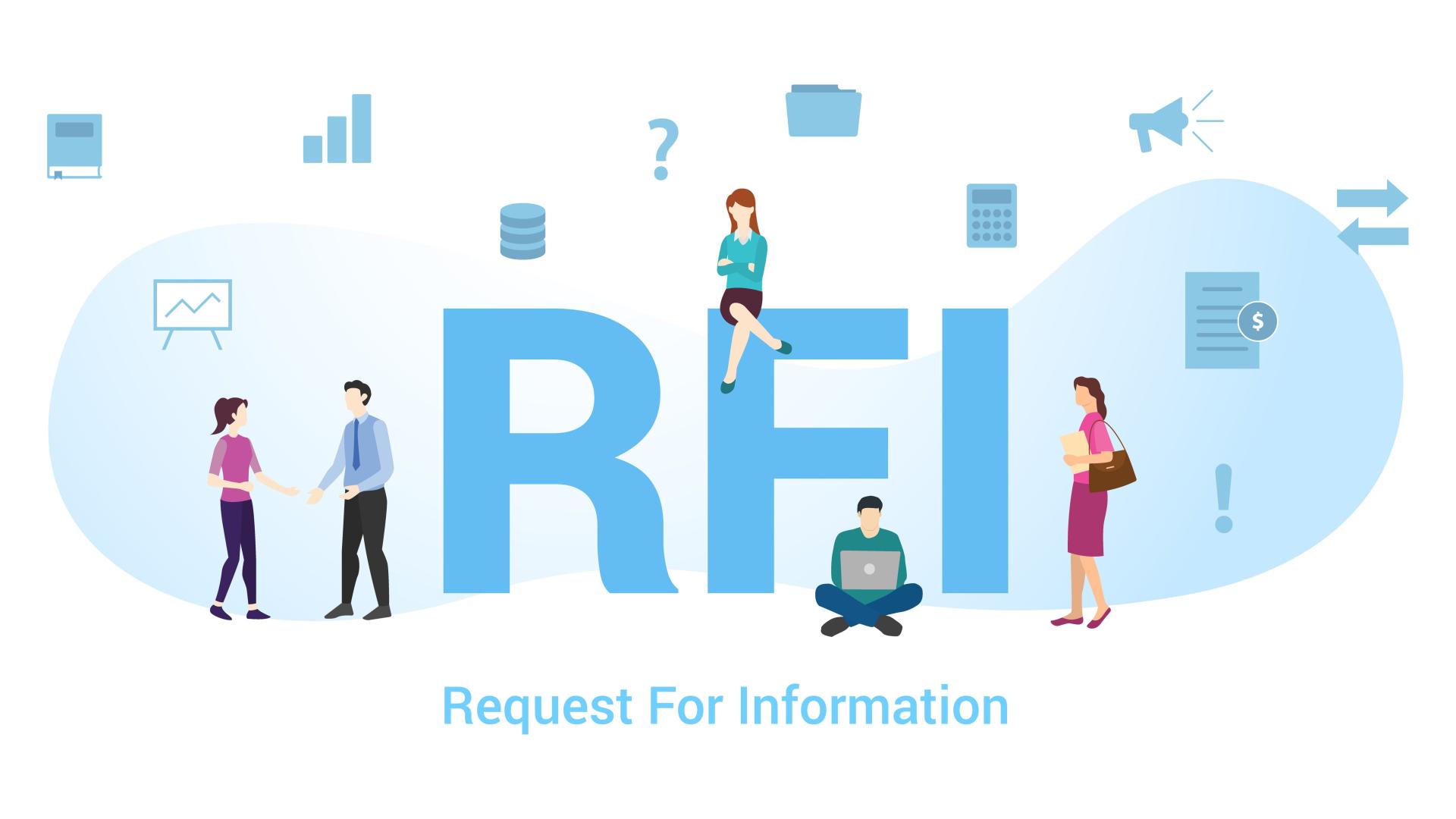Opportunity for suppliers. Request for Information: seeking a suite of learning technologies to construct and connect a One-APS learning technology ecosystem.
Stakeholder engagement
Latest news

Published
One way to build deeper partnerships with academia and bring expert knowledge and skills directly into APS teams is through academic fellowships. This article outlines the benefits and processes for hosting academic fellows with the Australian public service.

Published
Academics’ deep and broad knowledge, expertise, and networks are a vital resource for the public service. Learn more of the range of mechanisms to find potential academic partners to support the work of the APS.
Upcoming events

This course is delivered from 25/02/2026 to 26/02/2026, by face-to-screen consisting of two 3-hour sessions.
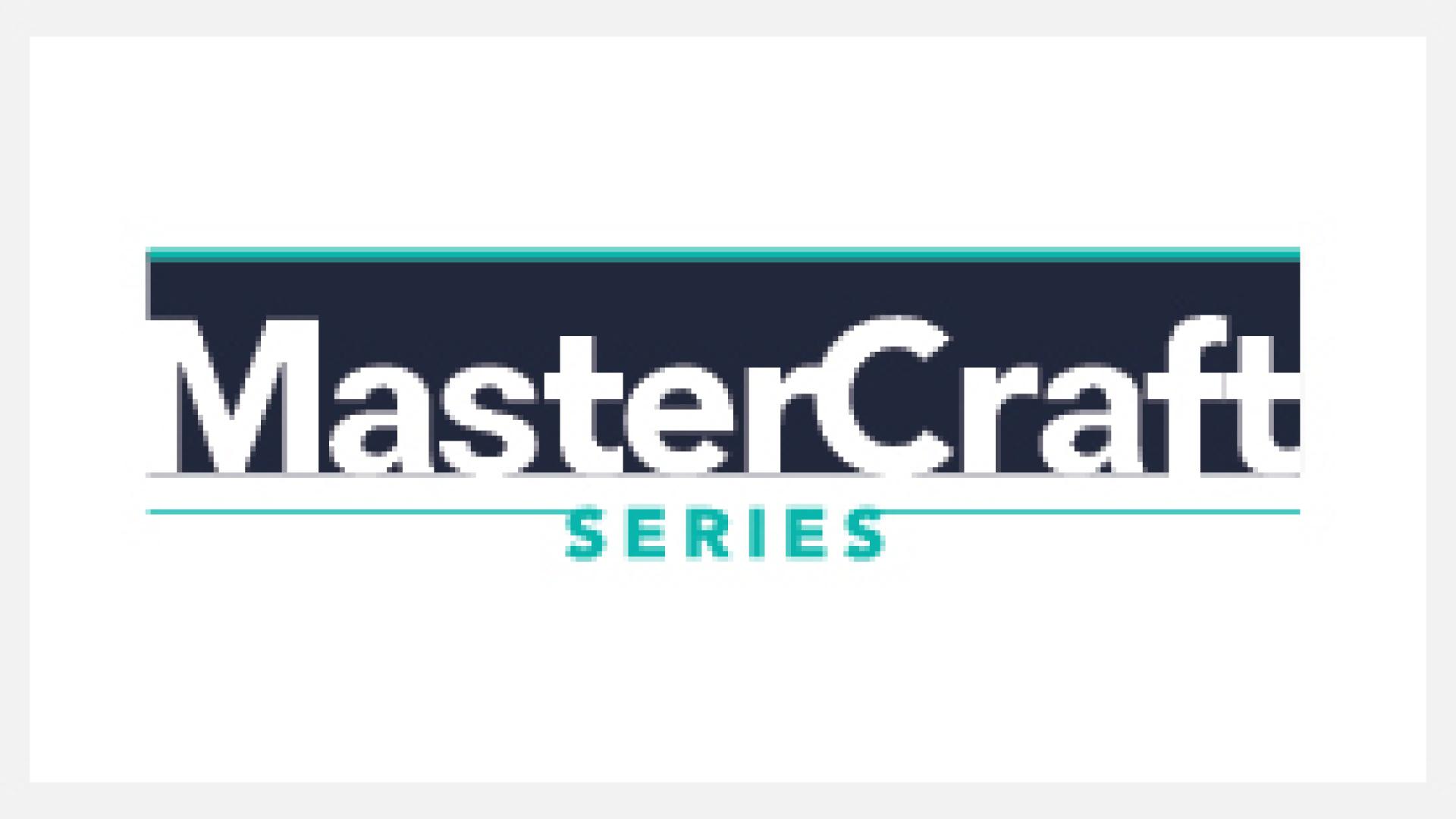
The Evaluation Profession stands at an exciting crossroads. Join our panellists as they unveil a groundbreaking new strategy that will shape the future of evaluation across the public sector.

This course is delivered on 05/03/2026, by face-to-screen consisting of one 8-hour session.
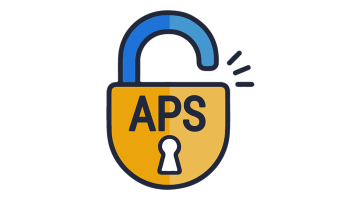
This course is delivered on 05/03/2026, by face-to-screen consisting of one 90-minute session.

This course is delivered from 06/03/2026 to 09/07/2026, by face-to-face/face-to-screen (Hybrid), consisting of seven sessions of varying lengths.

This course is delivered from 16/03/2026 to 31/03/2026, by face-to-screen consisting of one 5.5-hour and five 4-hour sessions.

This course is delivered on 18/03/2026, by face-to-screen consisting of one 6-hour session.

This course is delivered on 19/03/2026, by face-to-face consisting of one 8-hour session.

Dr Subho Banerjee and Professor David Schmidtchen explore bureaucracy’s vital role in balancing democratic values, building trust, and guiding reform beyond simply cutting red tape.

Hear from experienced EAs to APS Secretaries at our MasterCraft Series. Gain insider tips, real APS examples, and actionable advice on excelling in top-level executive support.

This session explains the APS's role in Closing the Gap, highlighting commitments and actions for working better with Aboriginal and Torres Strait Islander peoples.

This course is delivered on 09/04/2026, by face-to-face consisting of one 8-hour session.

This course is delivered on 16/04/2026, by face-to-screen consisting of one 90-minute session.

This course is delivered from 05/05/2026 to 29/07/2026, by face-to-face/face-to-screen (Hybrid), consisting of eight sessions of varying lengths.

This course is delivered on 06/05/2026, by face-to-face consisting of one 8-hour session.

This course is delivered from 06/05/2026 to 07/05/2026, by face-to-screen consisting of two 3-hour sessions.

This course is delivered from 06/05/2026 to 20/05/2026, by face-to-screen consisting of one 5.5-hour and five 4-hour sessions.

This course is delivered on 07/05/2026, by face-to-screen consisting of one 90-minute session.

This course is delivered on 14/05/2026, by face-to-screen consisting of one 8-hour session.

This course is delivered on 03/06/2026, by face-to-face consisting of one 7-hour session.

This course is delivered on 10/06/2026, by face-to-face consisting of one 8-hour session.

This course is delivered on 15/06/2026, by face-to-face consisting of one 8-hour session.

This course is delivered from 16/06/2026 to 17/06/2026, by face-to-screen consisting of one 7-hour session and one 4-hour session.

This course is delivered from 07/07/2026 to 09/10/2026, by face-to-face/face-to-screen (Hybrid), consisting of eight sessions of varying lengths.

This course is delivered from 04/08/2026 to 06/11/2026, by face-to-face/face-to-screen (Hybrid), consisting of eight sessions of varying lengths.
Courses

APS Unlocked brings together new and returning members of the APS to engage with experienced APS leaders and practitioners, who will share essential information and tips for a successful and productive career in the APS.

Learn the skills required to design, develop and deliver a briefing. Understand the development and role of question time briefs, ministerial talking points for media engagements, ministerial advisor briefings, hot issues briefings, ministerial submissions and second reading speeches.

Identify and examine internal and external work relationships, their relevance and the importance of achieving mutual success. Share and develop good ways to plan for and participate in meetings.

The program focuses on developing APS Change Management capability to build the capacity for government to deliver well considered and well-planned change.

The Change Management Practitioner program is an online program offering extension learning to participants who have completed the Change Management Foundation Program.
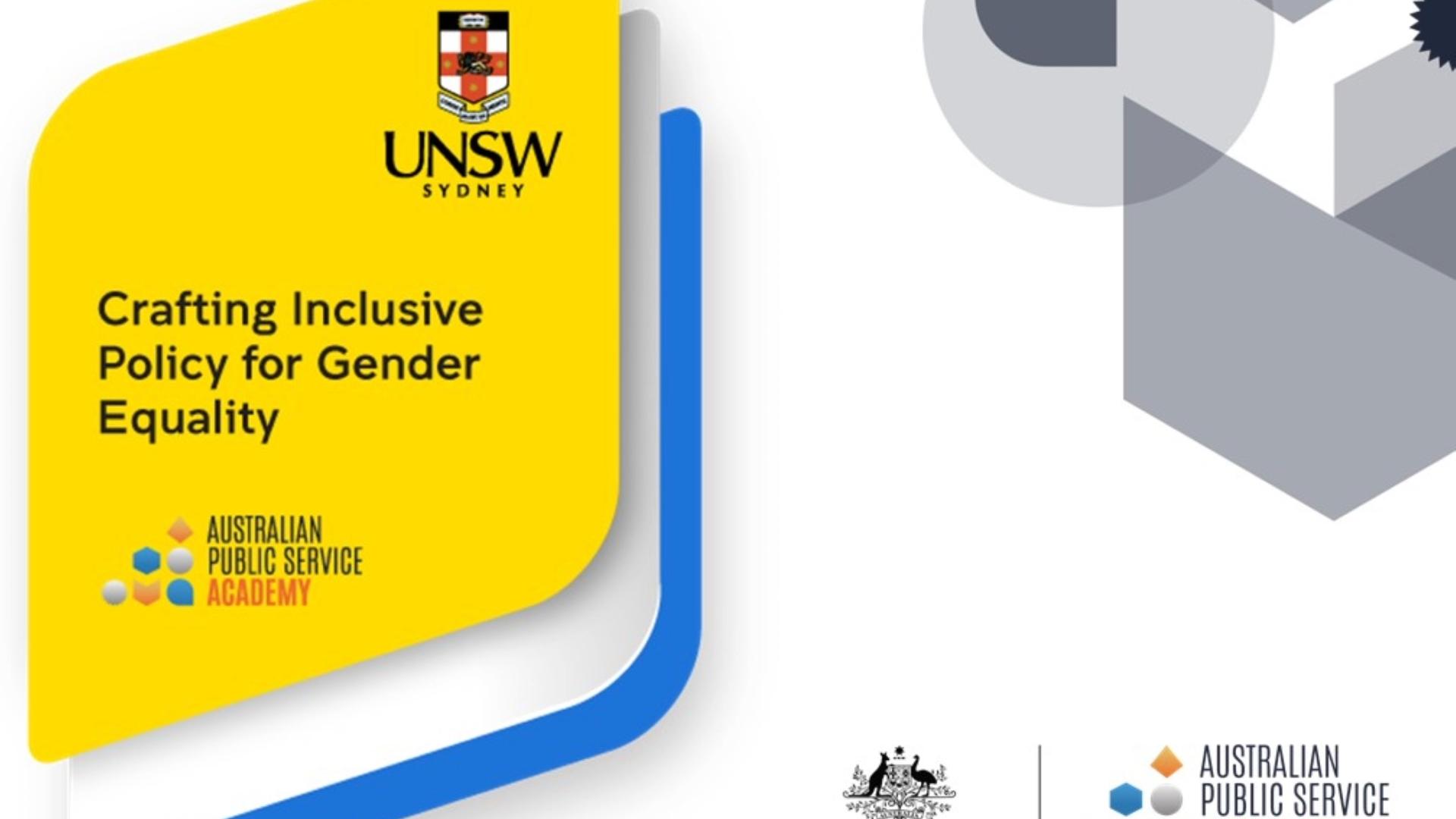
Build the knowledge, skills, and tools necessary to engage in gender analysis across various public policy fields.

The EL2 Leadership Program supports leaders to move beyond their technical expertise and develop essential management and leadership capabilities.

This program helps to identify the benefits of working effectively with stakeholders. Understand the most appropriate stakeholders and the most appropriate form of engagement.
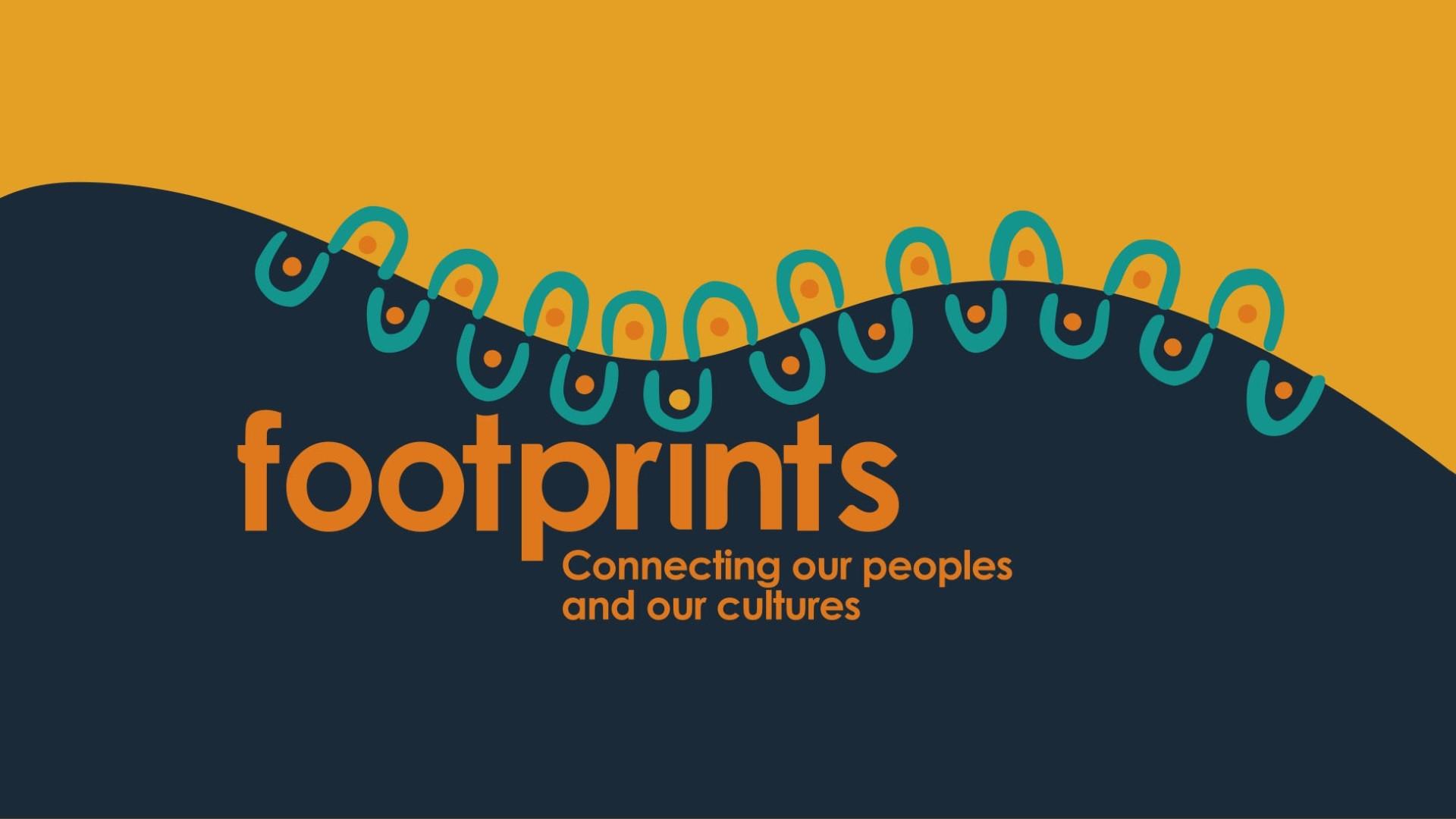
Footprints is a framework that supports APS employees to continually increase and enhance their cross-cultural knowledge and understanding.

This program will increase the confidence of managers in using formal authority to achieve business outcomes. It includes a series of workplace simulations and role plays.

The Multicultural Organisation – Staff Awareness, Innovation and Capability (MOSAIC) digital learning magazine aims to enhance multicultural awareness in the APS.

Equip yourself with essential cultural capabilities and a deep understanding of Pacific cultures, societies, and economies.

The program strengthens the leadership capability of experienced senior executives to effectively deliver their key accountabilities.

Learn about the business context of the APS as well as develop skills and share high-value work practices required to effectively provide professional executive assistance.
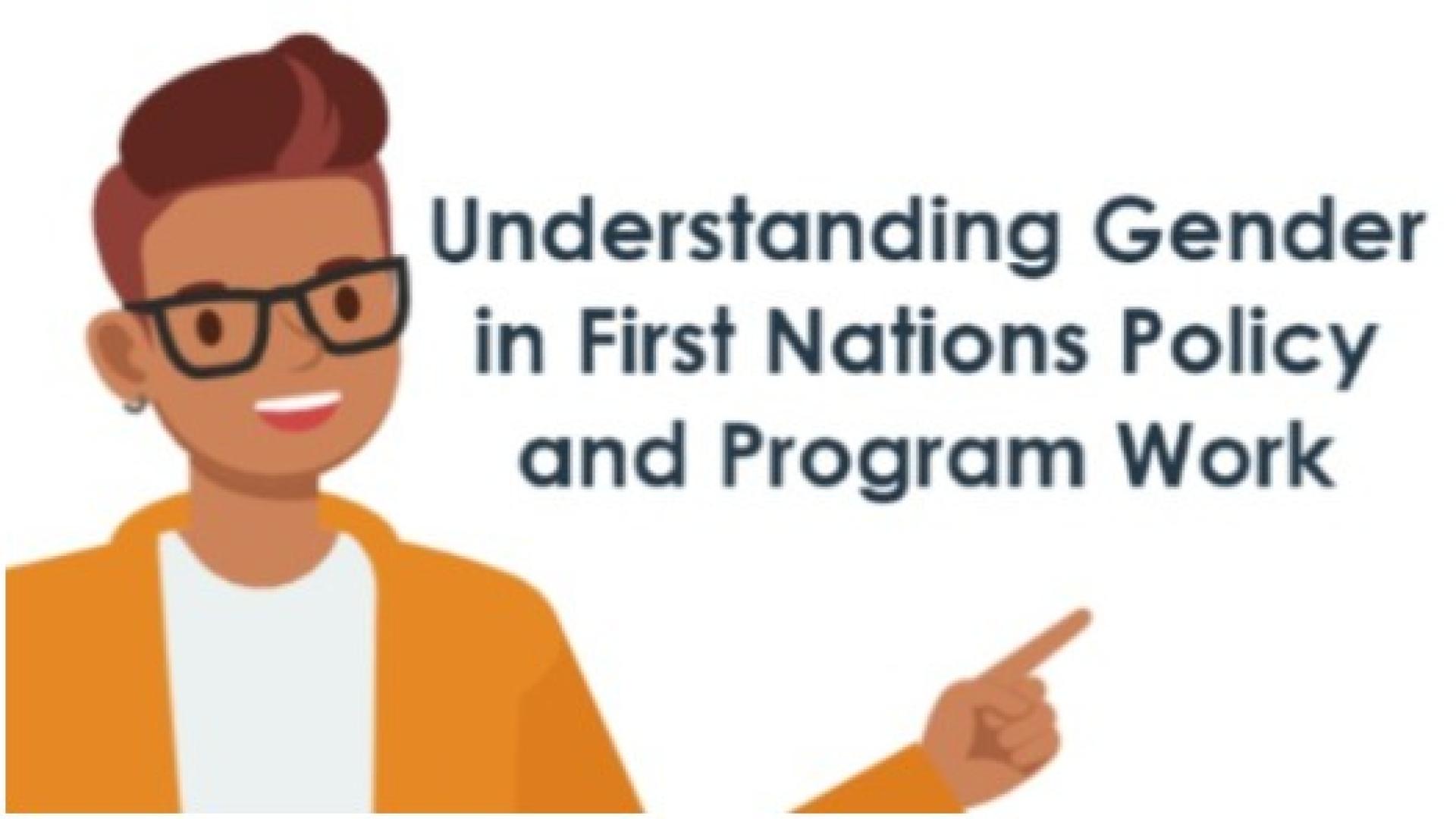
This learning experience provides practical strategies to help you develop policy and programs that consider the impact in relation to First Nations peoples.

This course is designed to help improve partnerships with ministers by uplifting the capability of APS staff to engage with ministers and their advisors.
Resources
Designed for all APS levels, this pathway helps you map a learning journey to build skills in engagement and partnership.
The Guidance sets out the behaviours for improving the way the APS puts people and business at the centre of policy, services and delivery.
The First Nations Partnerships Playbook is an APS resource to guide public servants to build strong and enduring partnerships with First Nations peoples, communities and organisations.
This is a tool to assess the maturity of supports an agency has in place to build capability to effectively engage.
This video from AusIndustry Regional Managers provides practical ‘top tips’ for successful businesses engagement.
The Centre’s purpose is to strengthen counter fraud arrangements across the Australian Government. It provides educational material, leading practice guides, toolkits and training.
Embed digital by default by promoting and championing digital ways of working.
An APS Integrity Hypotheticals – Conflict of Interest panel recording of discussion stemming from scenarios that highlight the grey (and not so grey) areas of Integrity decision making.
Behavioural insights tools assist understanding human behaviour, which can inform policy design.
Building APS capability to use futures techniques in policymaking through horizon scanning, visioning and scenario planning.
This decision tool helps public servants pick the right engagement technique for the problem at hand and includes a catalogue of such techniques to apply.
Hear what a day in the life at a Minister’s office is like and what is the role of a Department Liaison Officer and how do you communicate with them. And what happens when things don’t go to plan?
The Government writing handbook is a companion to the Australian Government Style Manual with greater focus on the craft of writing.
Use this Allyship toolkit to better understand how to support behavioural change and cultural safety and to address racism and unconscious bias.
Community of Practice for EL1/EL2 counter fraud or risk officials to drive leading edge control testing capability in the Australian Government.
A checklist for designing, producing and procuring content that supports accessible quality learning and development in the APS. Included are links to information and free online tools that allow you to check content is compliant with the WCAG standards.
This guidance outlines the requirements of the Directions on Stewardship and provides further interpretation, advice, and case studies on the application of Stewardship.
Community of Practice for EL1/EL2 counter fraud or risk officials to learn about fraud and corruption risk management.
The event was focused on pathways to more culturally informed engagement and partnership with First Nations communities and was led by Sam Jeffries with Dr Rachel Bacon.
Services Australia’s Program Practice Frameworks can be used as standalone resources, or as suite of connected products to support staff when managing programs and projects, engaging with stakeholders and conducting analysis. The Frameworks feature focus areas which include a set of guidelines, applied tools, resources and links to other relevant and appropriate materials.
The relationship between ministers and officials is fundamental to our system of government. The foundation of that relationship, like any relationship, is mutual respect. Learn through insights from conversations at the political administrative interface.
The Charter of Partnerships and Engagement sets out principles for improving the way the APS puts people and business at the centre of policy, implementation and delivery.
The Department of Industry, Science, Energy and Resources provides an interactive guide to the ‘right’ engagement type to choose when engaging with stakeholders and citizens.
The Style Manual is for everyone who writes, edits or approves Australian Government content. Use it to create clear and consistent content that meets the needs of users.
The APS Academy has through Cathy Fussell created a series of, ‘How to…’ articles to provide guidance on what information and avenues are available.
Using data and digitisation for oversight and enforcement is increasingly part of the work of most regulators. This recorded panel discussion gives an overview for regulators who are not data specialists. Recorded in May 2022.
Data.gov.au is the central source of Australian open government data. Anyone can access the anonymised public datasets, publicly-funded research data and datasets from private institutions that are in the public interest.
This Community is for Digital Profession members interested in human centred design, user experience, user research and service design. It is a safe and inclusive space to share best practice, connect with peers, share experiences, and solve shared problems.
Providing a space for officials to collaborate, share best practice, and hear from industry and government experts, the Commonwealth Procurement and Contract Management Community of Practice is open to all Commonwealth officials.
Multiple different Impact Analysis processes are now required during new policy development. Five key Agencies have combined to share key resources you need to know when developing any new policy
Good contract management is an essential component in achieving value for money for Australian Government procurements. The Australian Government Contract Management Guide provides practical process guidance at a practitioner level for Commonwealth officials who manage contracts.
The Learning Quality Framework is a principle-based model for assessing, building, procuring and delivering high quality, effective and innovative learning experiences.
The case study examines the approach taken for the 2021 Census and a number of ‘firsts’ achieved in its successful delivery.
The Australian Public Service Commission provides practical tips and tools for engaging with stakeholders, particularly when establishing a taskforce.
A list of questions to give you a quick 'reality check' on your policy advice.
Australian Public Service Commissioner Dr Gordon de Brouwer’s June 2023 IPAA speech on his vision for the future of the public service.
The Policy Project is an initiative of the New Zealand Government to support individual who provide advice to decision makers, access relevant tools, advice and information.
A practical guide to help APS taskforces through every stage of the taskforce lifecycle.
The Guide to Policy Impact Analysis is intended to inform Australian Public Service policy making — ensuring that advice to government is accompanied by robust analysis, data and an accurate overview of the effects of proposed policies on our community.
In this video, APS staff from around the country answer the question: ‘What does working together in the APS mean to you?’
Use this checklist to review your decisions to ensure they are defensible. You can also use this if you are recommending a decision.
Find guidance papers and a directory of links to essential public administration resources to support the partnership between the APS and Ministerial offices.
The Aboriginal and Torres Strait Islander Cultural Capability Framework provides a basis for building the cultural capability of the Commonwealth public sector.
This video is recorded from the March APS Academy's Craft Conversations event for Implementation and Services Craft month in February 2022.
The Digital Profession Member Community helps you find opportunities to work across government, collaborate and share crucial digital talent on projects.
The APS Reform Office has created a website with resources and links on how public service agencies are implementing APS Reform initiatives.
This is the website and final report for the independent review panel of the the Australian Public Service (APS) led by David Thodey AO.
The National Regulators Community of Practice is an active network of public sector regulators from all 3 levels of government.
Professor Robert Cialdini developed what he describes as ‘six universal principles of persuasion’. These fundamental human states allow leaders to increase the likelihood of influencing others.
Caroline Webb (2018) discusses the ‘discover-defend axis’ which is a model showing that the brain has two ‘modes’ which shape the way humans interact.
Brene Brown informs leaders how they can give constructive and honest feedback from a place of engagement, rather than judgment. She calls it ‘Sitting on the same side of the table,’ as someone.
In this video, Brené Brown (2013) explains how to create a genuine empathic connection through understanding ourselves and our own fragilities.
Lisa Lahey (2017) explores how leaders can transcend habitual patterns, and considers how to navigate change and complexity.
This edition of audit insights outlines key messages from Auditor-General reports which have examined the rapid implementation of government initiatives.
Delivering for Australians outlines the Government’s reform agenda in response to the independent review of the APS.
This ‘Practice Group’ was created to foster and support the use of deliberative practices in government. It contains papers researched and written on public deliberation.
This framework helps public servants better engage with citizens, community and businesses.




